Despite the potential inconvenience, taking CBD with you is important for many people. Whether for relaxation or to increase well-being, the reasons can be varied. However, before you decide to take CBD with you, you should thoroughly inform yourself about the laws in the destination country and consider whether CBD oil is allowed in your suitcase.
In general, before traveling abroad, you should find out exactly which regulations apply to the use of CBD-containing products in the destination country. In this way, possible problems at customs can be avoided and a smooth start to your holiday can be guaranteed.
On the go with CBD
Cannabidiol (CBD) has gained popularity in recent years due to its health-promoting effects. As a weakly psychoactive active ingredient in the hemp plant that does not have any intoxicating effects, it can generally be consumed and sold legally. However, this does not mean that the substance is not subject to legal restrictions.
Products that contain no more than 0.2% THC in a preparation containing cannabidiol are available for sale over the counter. No medicinal effects may be promised when it comes to dietary supplements. If the THC content exceeds this limit, the product is subject to the Narcotics Act and therefore strict prescription requirements.
The legal situation in Germany is essentially based on the requirements of the European Union. However, there is currently no uniform Europe-wide regulation for products containing CBD. This means that the legal situation can be quite different in different EU countries. In Austria, for example, there is currently a maximum THC limit of 0.3% for ointments and oils with CBD. These different laws can affect taking CBD products on vacation.
Before traveling abroad, you should always clarify which regulations apply to the handling of foods and medicines containing CBD in the destination country. However, when traveling within the EU, it can be assumed that there will be no problems as long as the THC limit of 0.2% is adhered to.
5 TIPS for taking CBD products with you when traveling by plane:
- Customs declaration:
It can be helpful to declare your CBD product to customs to be open and honest about what you have with you. This way you can avoid possible inconveniences when entering the country.
- Keep an eye on liquids:
Many countries have strict regulations regarding liquids in hand luggage. Before you travel, find out the amount of CBD oil allowed to avoid seizures. Be careful not to exceed the permitted amount.
- Trusted Manufacturers:
Choose CBD oil from reputable manufacturers who have their products tested by independent bodies. Test results should be available on the manufacturer's website or upon request.
- Packaging takeaway:
To avoid suspicion, the packaging of your CBD oil should be clearly visible. It's best to even take the original packaging with you to ensure the legality of the product.
- Certificates & tax receipts:
For additional security, tax receipts and certificates should also be presented in addition to the exact ingredients. These prove the origin of the product and contribute to trustworthiness.
A comprehensive guide to country-specific regulations
Taking CBD-containing products with you when traveling is becoming increasingly popular as more people realize the health benefits of cannabidiol (CBD). However, before packing CBD oil in your suitcase, it is important to know the country-specific regulations in order to avoid possible inconveniences at customs.
Within the Schengen area: Generally unproblematic
In countries that are part of the Schengen Agreement, taking CBD-containing preparations is usually not a problem as long as they comply with the applicable regulations for dietary supplements. Germany is one of the stricter countries with a THC upper limit of 0.2 percent, while in Austria, for example, up to 0.3 percent is allowed. Outside the Schengen area, it is advisable to carry an information leaflet with a detailed list of the ingredients for the products you are carrying, ideally in the national language or in English.
The Schengen countries include :
|
|
Rule of thumb for international travel, follow laws
In countries where the cultivation, consumption and sale of cannabis products containing THC are prohibited, caution should be exercised when importing products containing CBD. Conversely, it can be assumed that with liberal legislation or complete legalization, carrying and consuming CBD is unproblematic.
Particular caution should be taken when traveling to Southeast Asia as countries such as Malaysia, Indonesia (Bali) and Thailand have strict border controls and anti-drug laws. We strongly advise against taking CBD products with you. In these countries, if medically necessary, a medical certificate and consultation with the embassy can be helpful.
The global trend towards decriminalization of products containing THC is based on the proven positive effects of cannabis on health. However, CBD is not yet well known as an active ingredient, and education about the non-intoxicating effects of CBD is therefore crucial. This is because border officials may not be able to distinguish between CBD and THC.
CBD oil on the plane
Which CBD products are allowed on planes?
CBD oil, CBD cream and CBD spray can actually be taken on EU flights without any problems as long as the THC content is below 0.2 percent. However, problems can arise when taking CBD resins and CBD flowers with you because the THC content cannot be clearly identified by inspectors.
Long-haul flights: Using CBD oil before or during a long-haul flight can relieve pain, stress, and fear of flying, as well as help with sleep and jet lag issues. However, before use, the legal framework and entry requirements of the destination country should be carefully examined.
International flights: It is not recommended to take CBD products on flights outside the EU. Import regulations vary widely and quantity restrictions and THC content limits may apply. Before traveling, you should find out exactly about the legal situation in the destination country.
How should I take CBD oil with me when traveling by plane?
Never hide CBD oil to avoid unnecessary suspicion during customs controls. The quantity restrictions for liquids in hand luggage must be observed. It is best to transport the CBD oil in the original packaging and carry a receipt and a tax receipt with you to be able to prove legal purchase and the THC content.
Hand luggage or in a suitcase?
If you want to use CBD oil during the flight, you can take it with you in your carry-on luggage. However, please note the import regulations of the destination country and the maximum amount of liquids in hand luggage.
Do I need a tax receipt for CBD on the plane?
If you want to take CBD oil with you on flights within the EU, it is advisable to have a receipt or tax document with you. This serves as proof of the legal origin of the product. It is best to transport it in the original packaging so that customs can check the ingredients.
Recommendations for the safe transport of CBD products
Description of ingredients: For CBD oils or ointments without THC, it is recommended to have a description of the ingredients in English to document safety.
Although the global liberalization of hemp is also evident outside the EU, particularly in countries such as Canada and the USA. In the USA, the import conditions for CBD were only recently liberalized. However, it is advisable to always keep yourself informed about the current regulations, as the legal situation changes worldwide.
Cross-border travel within the EU: Problems are unlikely when traveling within the EU as long as the THC limit of 0.2% is adhered to.
Greece: CBD oil is legal in Greece as long as the THC content is not more than 0.2 percent. Make sure the THC content is stated on the packaging or other document.
Turkey: Importing CBD oil into Turkey may cause customs issues. Cannabis-based dietary supplements are permitted if they contain less than 0.2 percent THC. However, there are quantitative restrictions on imports.
Norway: CBD products may only be imported into Norway if they do not contain THC. CBD oil with low THC content is therefore prohibited.
Spain: The import regulations for CBD products into Spain are complicated. CBD products with less than 0.2 percent THC are legal, but only for external use such as creams. Cannabis-based dietary supplements are not permitted. CBD oil requires a prescription and pharmacy in Spain and is therefore not allowed to be imported.
USA: CBD oil is legal in many states, but regulations vary. Some states have THC limits, others have liberalized THC.
Canada: Similar to the EU, CBD oils with up to 0.3% THC are permitted without a prescription.
Other countries: Travelers should find out about the current legal situation in advance or buy CBD products in the destination country to avoid unpleasant questions.
Tip: Find out about the legality and import regulations of CBD products from the embassy or consulate of the destination country. This way you can enjoy your journey with CBD more relaxed and avoid possible uncertainties.
! CALMA products have a 0.0% THC content!
The legality of CBD in different countries
Germany
- CBD is legal in Germany as long as the THC content is below 0.2%.
- Restrictions exist for unprocessed CBD products such as flowers.
- Hobby gardeners are prohibited from growing hemp for their own use.
- Other European countries have similar regulations, some with higher THC limits.
Austria
- CBD is legal, but cannot be sold as a dietary supplement.
- Its use as medicine is legal but requires a doctor's prescription.
- Traveling with CBD requires a doctor's prescription.
Switzerland
- CBD is legal in Switzerland as long as the THC content is below 1%.
- The sale and distribution of CBD is largely unregulated.
- No age restrictions or possession limits for CBD consumption.
- Export of CBD products is permitted as long as destination country laws are observed.
Italy
- CBD is legal in Italy as long as it comes from hemp with less than 0.6% THC.
- Cannabis for recreational purposes is not permitted, but it is permitted for medical and industrial purposes.
- Hemp cultivation is legal with THC limits and has a wide range of industrial applications.
- Cannabis light with low THC and high CBD content is popular.
France
- CBD is legal in France as long as it respects the THC limit of 0.3%.
- CBD sales, consumption and export are permitted, but advertising is restricted.
- Industrial hemp is grown in France for various uses.
- Some cannabis strains are banned, but CBD trading offers economic potential.
Luxembourg
- Legal under conditions
- Cultivation of hemp for CBD permitted if THC content < 0.3%
- Buying/selling legal, but subject to conditions
- Prohibited for people under 18 years old
- CBD products must comply with EU standards
- Violations lead to penalties (fines/prison sentences)
Belgium
- Legal with THC content < 0.2%
- Restrictions: Sale of CBD flowers/tea prohibited
- Do not promote CBD as a dietary supplement
- Products from approved manufacturers
- Travel: Detect THC content
Hungary
- CBD products legal if THC content below 0.2%, from certified hemp.
- Manufacture and sale permitted, personal use illegal
- Personal CBD use illegal in Hungary.
- Importing CBD products is also illegal.
- Manufacture and sale of CBD legally
- Personal use and bringing into Hungary is illegal.
- Important to follow rules when purchasing or planning travel.
Montenegro
- Cannabis and all derivatives, including CBD, are fundamentally illegal.
- Exceptions for medical and research purposes with approval.
- Travelers with CBD should be careful as it is essentially illegal.
- CBD is basically illegal in Montenegro.
- Exceptions for medical and research purposes with approval.
- Consult a lawyer before traveling to avoid criminal liability.
Bosnia and Herzegovina
- One of over 100 chemical compounds in the cannabis plant.
- No clear laws that specifically allow or prohibit CBD.
- No specific laws for CBD, be careful when importing and purchasing.
- Legal situation of CBD unclear in Bosnia and Herzegovina.
- Laws can vary from canton to canton.
- Be careful when importing or purchasing CBD products.
Serbia
- Strictly regulate the possession, sale and use of drugs.
- Cannabis and derivatives, including CBD, are generally illegal.
- Fines up to prison, depending on the amount and violation.
- Illegal, regardless of the origin of the products.
- Online orders and deliveries to Serbia are also illegal.
- Discussions about possible legalization, unclear when.
- CBD currently illegal in Serbia.
- Penalties for possession can be drastic.
- Possible legalization in the future, but uncertain.
Albania
- General cultivation of cannabis illegal in Albania.
- Lack of CBD-specific laws, legal gray area.
- No specific laws for importing and selling CBD.
- Risk of import being viewed as illegal.
- Unclear laws regarding medical use of CBD.
- Legality of CBD in Albania unclear, legal gray area.
- Prior inquiry to authorities for import and sales is advisable.
- Pay attention to security when dealing with legal issues.
Greece
- CBD sales and possession are legal as long as products contain less than 0.2% THC.
- Products should come from hemp and not marijuana.
- Purchase recommended in pharmacies, health stores or specialized online shops.
Türkiye
- Strict drug laws typically prohibit the possession, sale and consumption of cannabis and its derivatives, including CBD.
- Exception for industrial hemp with low THC content (below 0.2%).
- CBD products are sold as “health products,” but the sale is in a legal gray area.
Russia
- Cannabis, including CBD, has been classified as an illegal substance since 1998.
- Enforcement regarding CBD is not uniform, but selling or possessing it can lead to legal issues.
- Importing CBD into Russia can lead to significant legal consequences.
Ukraine
- The legal regulation of CBD in Ukraine is unclear as there are no specific laws or regulations directly related to it.
- The Ukrainian authorities have not yet expressed a clear position on the legality of CBD.
- It is recommended to be careful and seek legal advice if you wish to bring or purchase CBD to Ukraine.
Poland
- Legalization of medical cannabis in 2017.
- CBD legal under 0.2% THC according to EU standards.
- Public consumption of CBD not permitted.
- Legal sale, possession, import and export in compliance with legal regulations.
- Conclusion: CBD legal in Poland, provided THC content is below 0.2%.
Belarus
- Restrictive drug laws apply to CBD.
- Any form of cannabis, including CBD, illegal, regardless of THC content.
- Strict penalties for possession and sale of CBD.
- Traveling to Belarus with CBD is strongly discouraged.
- Conclusion: CBD illegal in Belarus, with high penalties.
Latvia
- Strict laws for CBD, traces of THC illegal.
- Selling CBD requires THC-free products.
- Legal advice is recommended.
- Conclusion: CBD legal in Latvia, THC-free, but be careful when selling.
Lithuania
- Cannabis, including CBD, is classified as a narcotic.
- Exceptions for products with less than 0.2% THC from industrial hemp varieties.
- Sales to minors prohibited.
- Medical CBD only with a doctor's prescription.
- Conclusion: CBD legal in Lithuania under specific conditions.
Estonia
- CBD legal, THC < 0.2%.
- Cultivation of cannabis is illegal, products must be imported.
- Registration required for companies.
- Products must comply with Estonian and European regulations.
- Conclusion: CBD legal in Estonia, requires compliance with specific regulations.
Finland
- Products containing CBD are considered medicines.
- Illegal to sell and possess without a license or doctor's prescription.
- Strict penalties for illegal possession or sale.
- Conclusion: CBD legal in Finland under specific conditions, requires licenses and medical prescriptions.
Sweden
- CBD in a legal gray area.
- Products considered as food are considered medicines and require special approval.
- Legal if approved as a medicine and THC-free.
- Selling and Possessing THC-Free CBD Legally.
- Conclusion: CBD legal in Sweden if approved as a medicine and THC-free, but check laws carefully.
Norway
- Strict drug laws, cannabis (including CBD) basically illegal.
- Exceptions for certain types of medical cannabis.
- In general, CBD is illegal unless prescribed by a doctor.
- CBD without THC is legal, but only available in pharmacies
- CBD classified as a medication requires a doctor's prescription.
- Illegal to import CBD into Norway without a prescription.
Japan
- CBD is legal in Japan as long as it does not contain THC.
- Japan's Ministry of Health, Labor and Welfare has clarified that CBD products without THC are not covered by the Cannabis Control Law.
- Care should be taken when purchasing CBD products to ensure they do not contain THC.
China
- CBD is illegal in China regardless of THC content.
- Hemp production for export is permitted, but domestic sales are prohibited.
- Importing CBD into China is strictly prohibited and may result in penalties.
South Korea
- Medical cannabis, including CBD, has been permitted since 2018 but is strictly regulated.
- Only CBD products approved by the South Korean Food and Drug Administration (KFDA) are legal.
- Violations of these rules can result in severe penalties.
North Korea
- The legal situation regarding CBD in North Korea is unclear.
- There is no specific information about the legality of CBD.
- Travelers should exercise extreme caution and be aware that laws may be arbitrary.
Vietnam
- Cannabis is strictly prohibited in Vietnam and there are no specific laws regarding CBD.
- Based on the general attitude towards cannabis, it can be assumed that CBD is illegal in Vietnam.
- Importing and purchasing CBD in Vietnam is high risk and not recommended.
Thailand
- Medical cannabis was legalized in 2018, and patients with certain medical conditions can use CBD products with a doctor's prescription.
- The use of CBD is strictly regulated, only allowing THC levels of 0.2% or less and selling only in licensed pharmacies.
- Importing CBD into Thailand without special approval from the FDA is illegal, and violations can result in severe penalties.
India
- CBD falls under the Narcotic Drugs and Psychotropic Substances Act (NDPS) of 1985.
- The legal position of CBD in India is unclear as there are currently no specific laws or regulations governing its sale or consumption.
- Sale or consumption of CBD products containing THC may be illegal as THC falls under the NDPS Act.
Nepal
- Cannabis and its derivatives have been illegal since 1973.
- CBD is considered in the context of cannabis laws, so it is illegal to possess, sell or consume.
- Violations can result in fines and jail time.





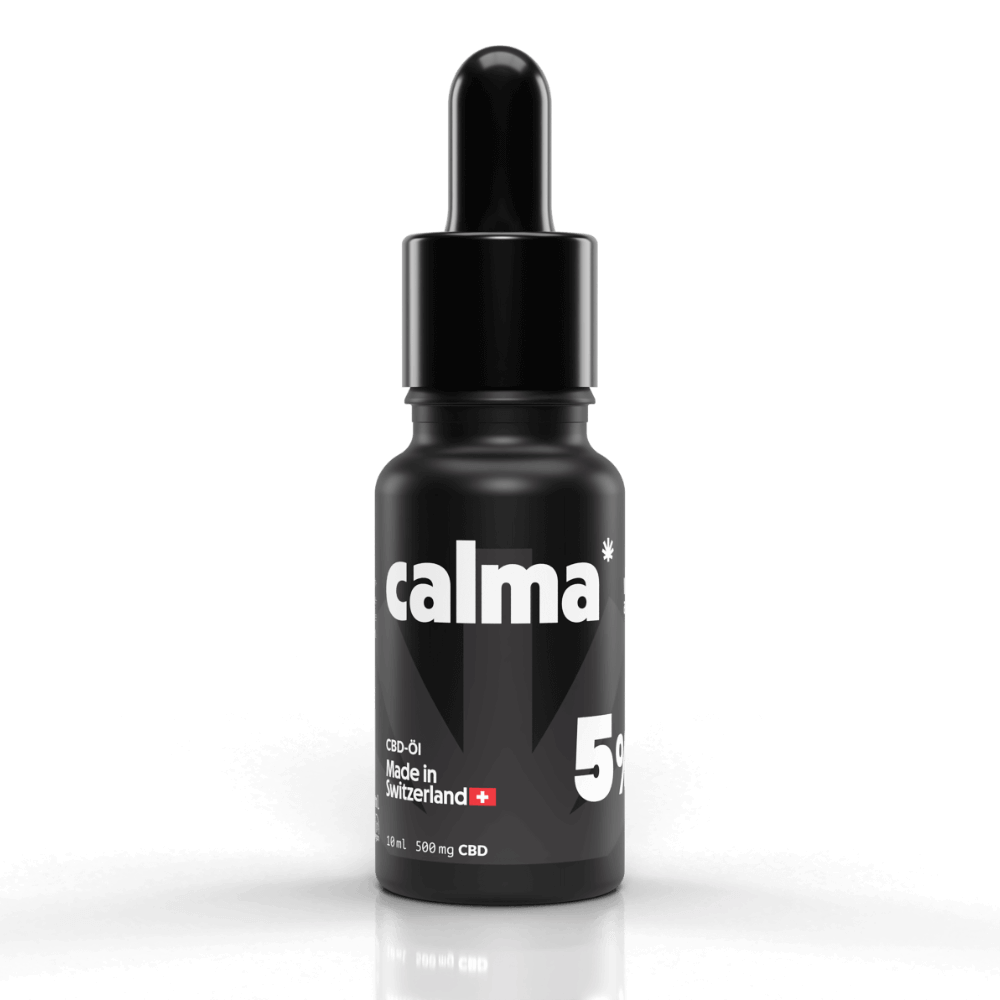
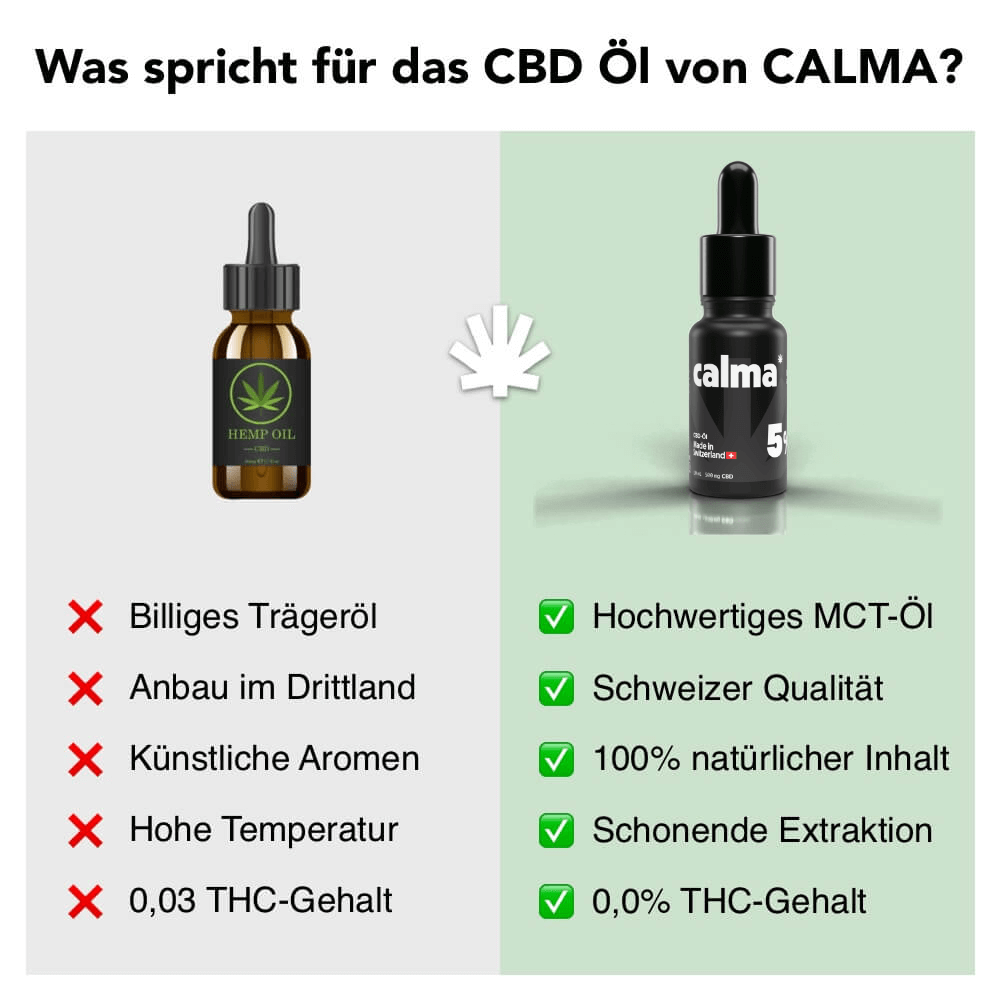
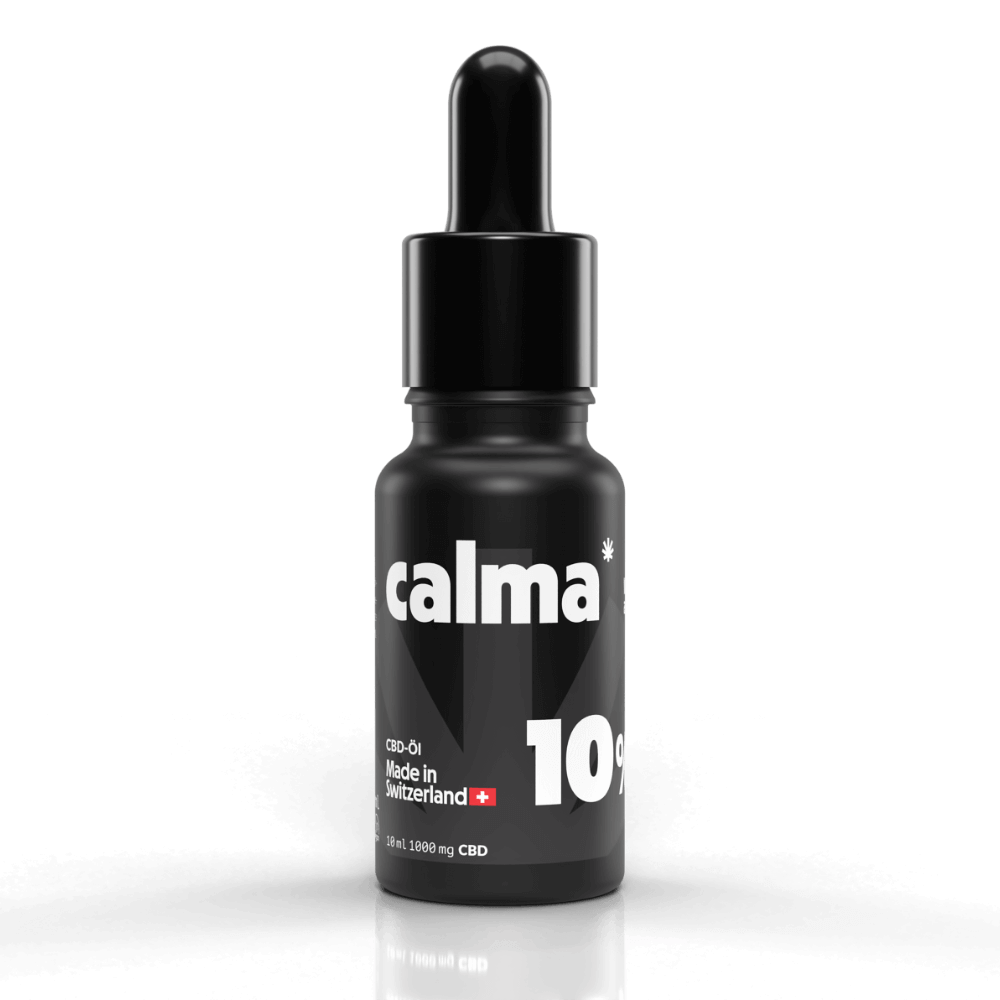
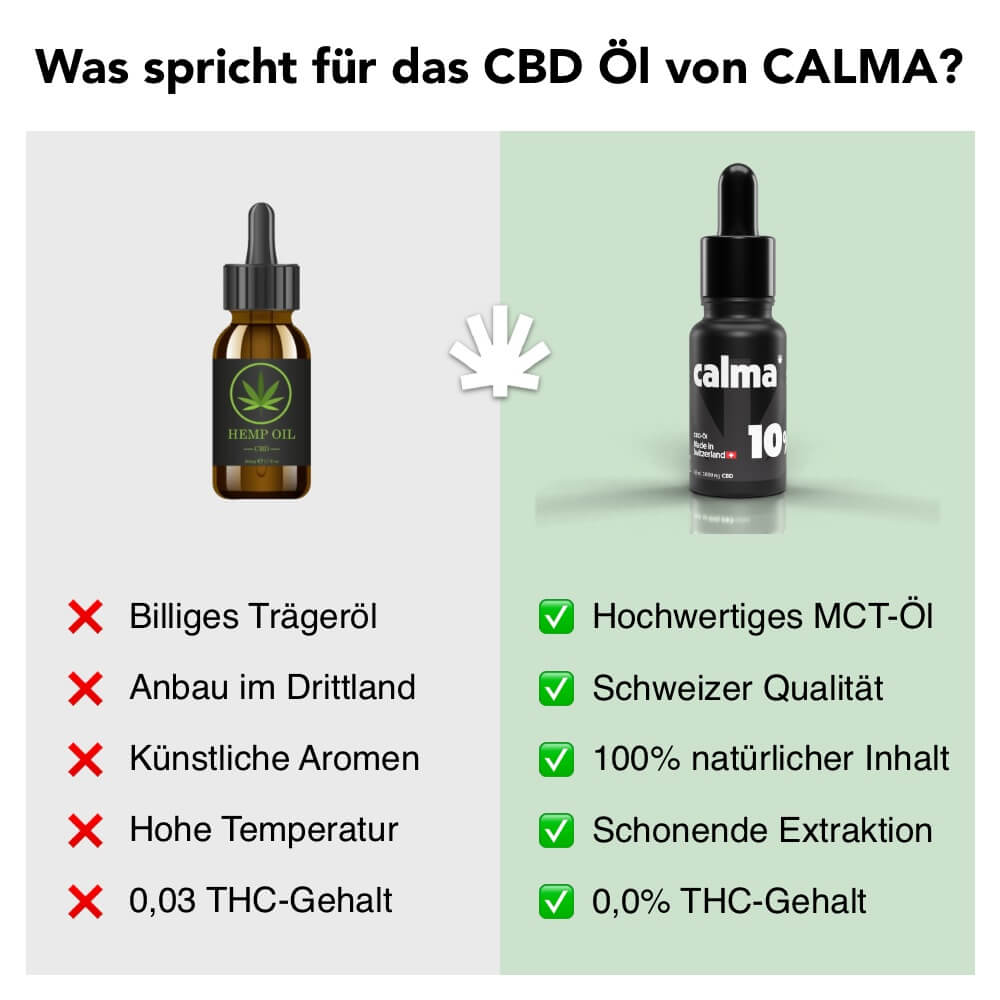
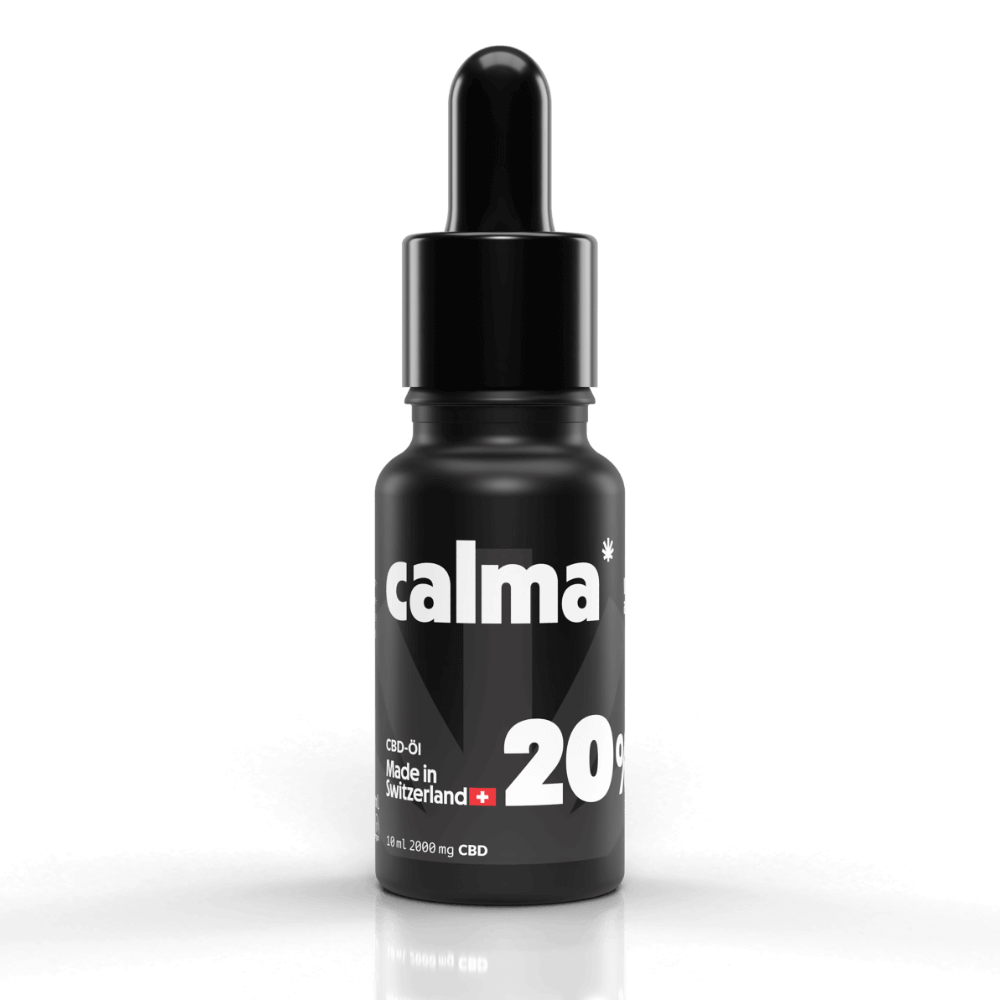
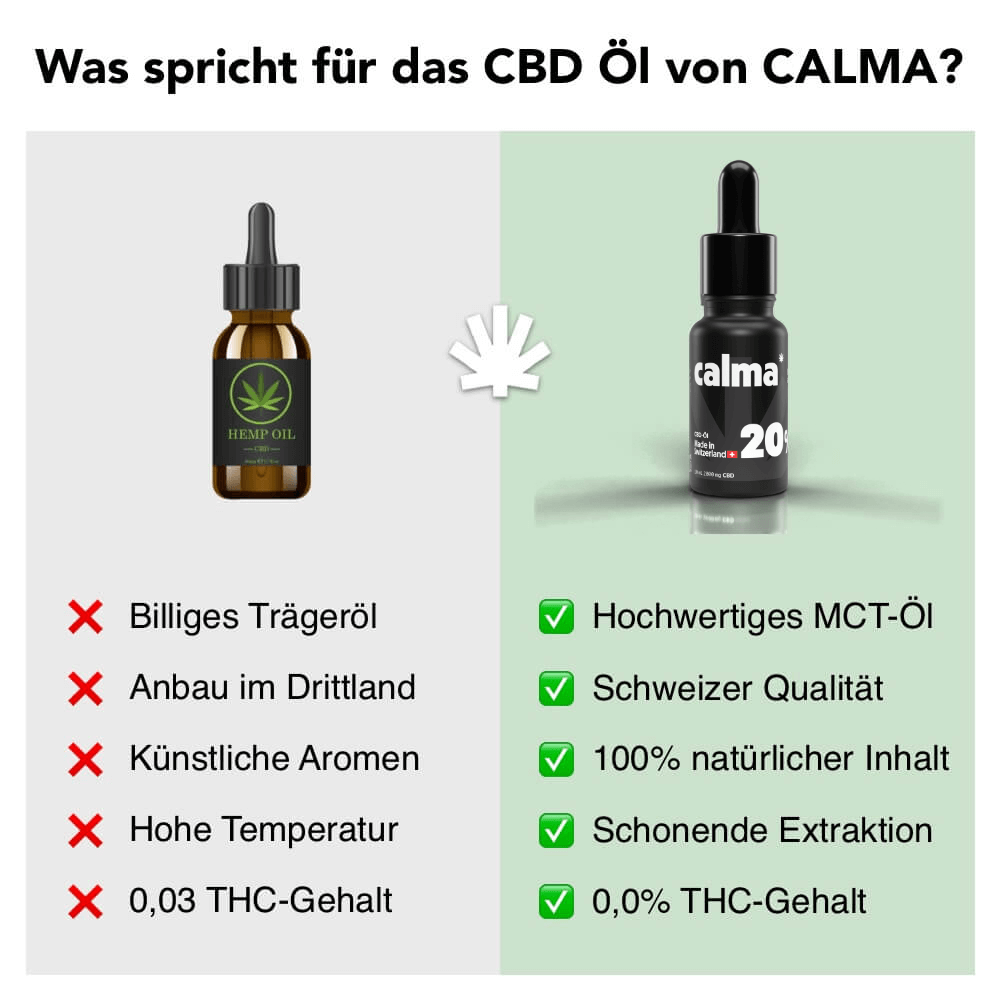
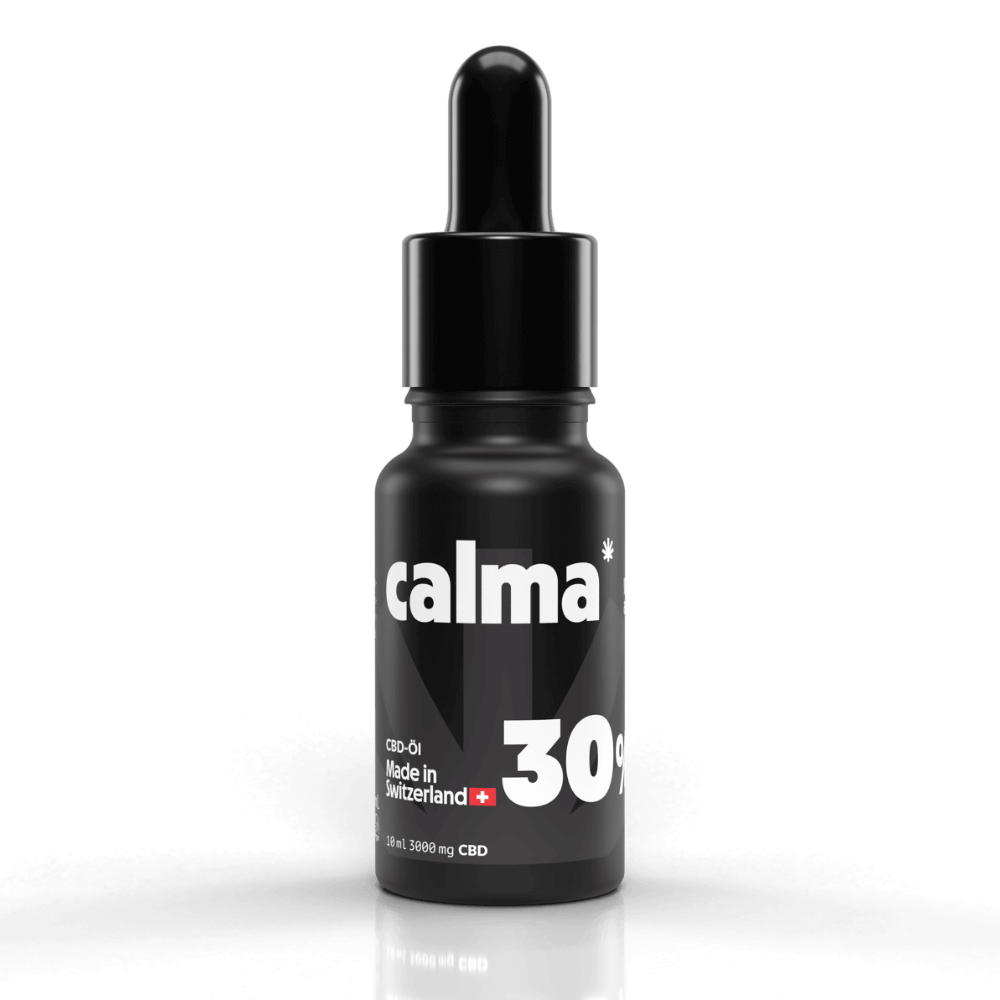
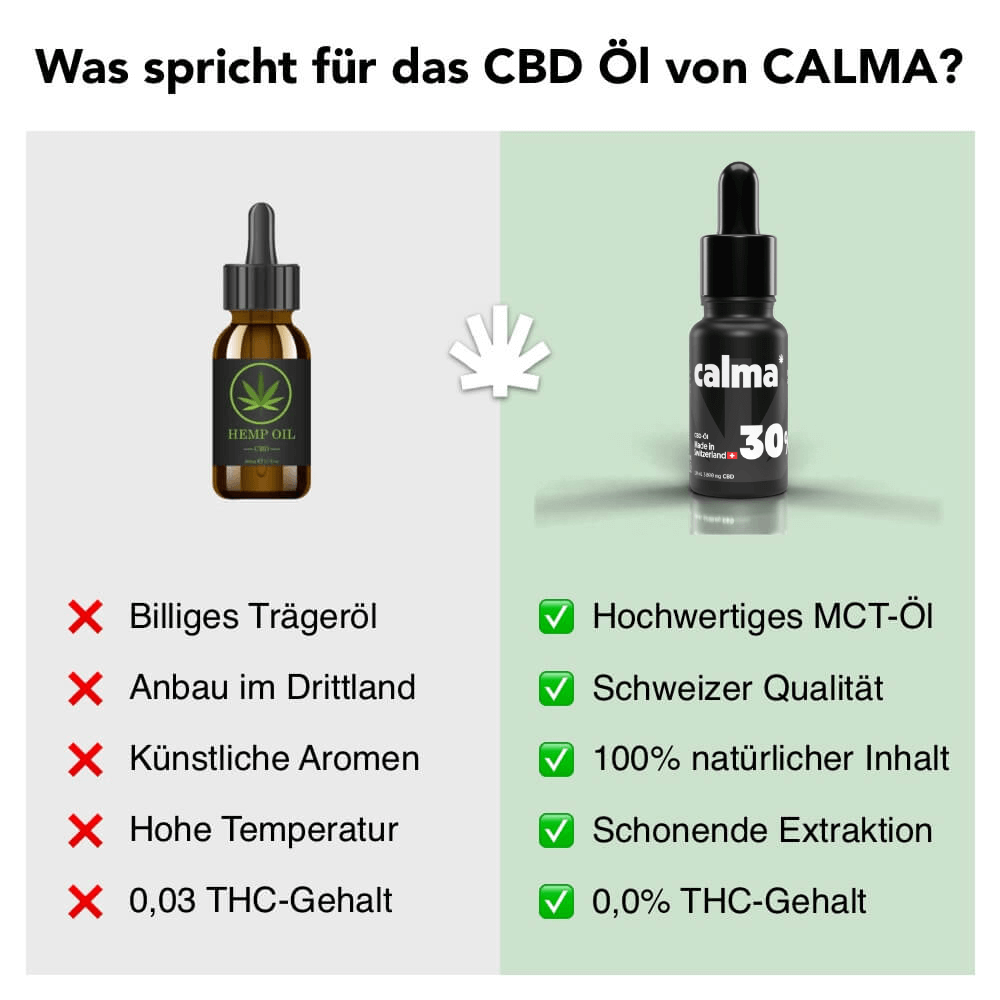
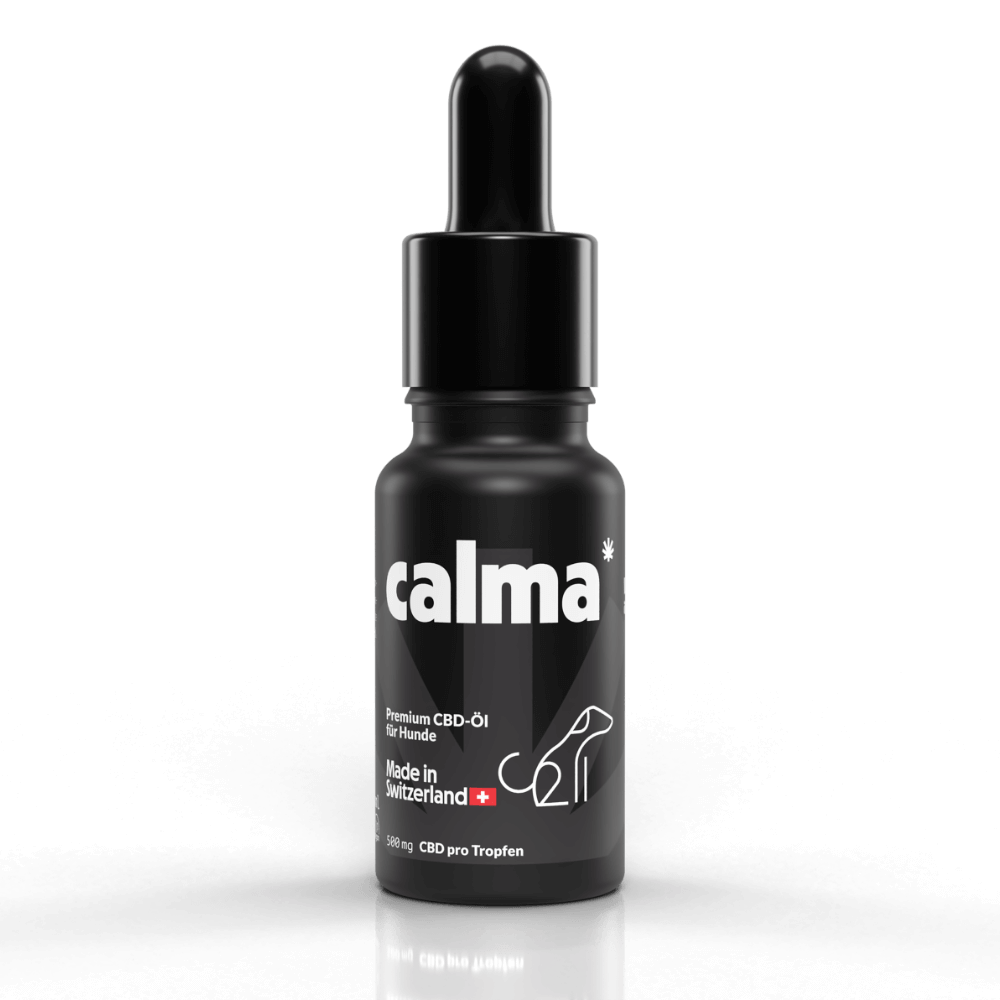
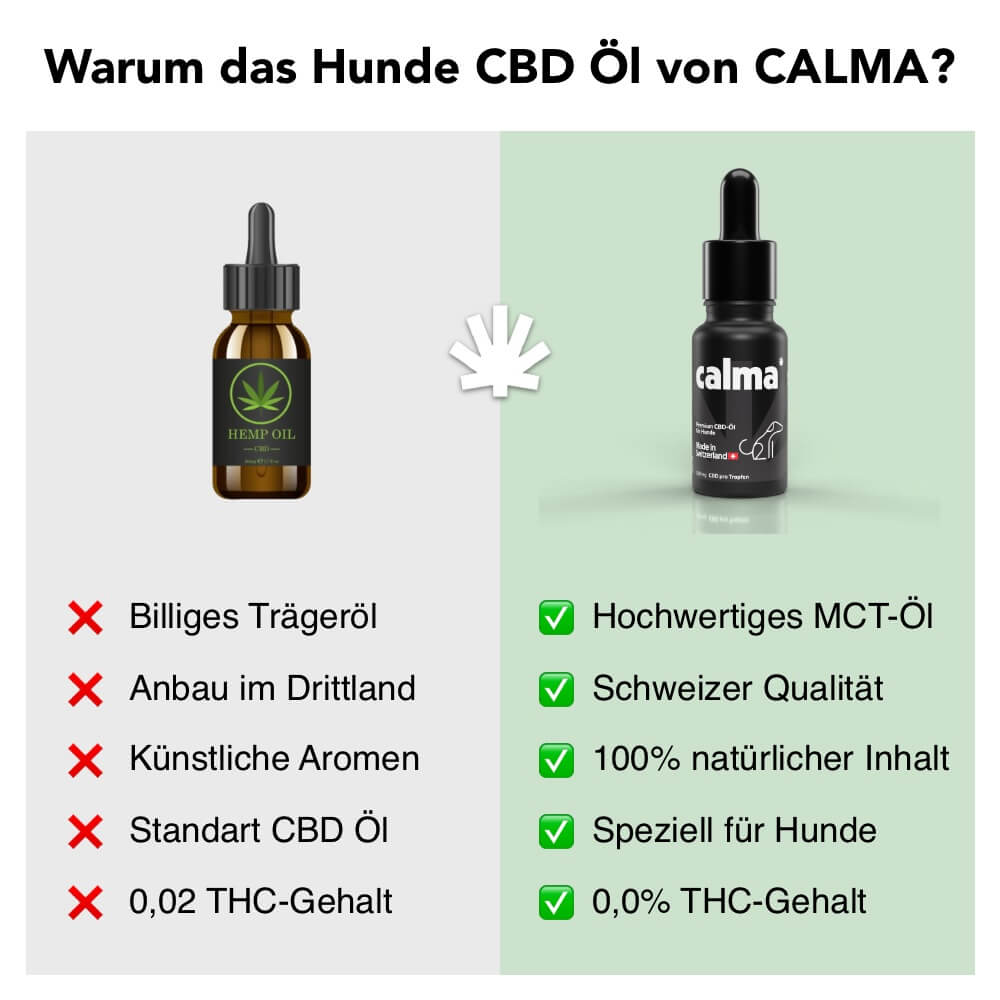
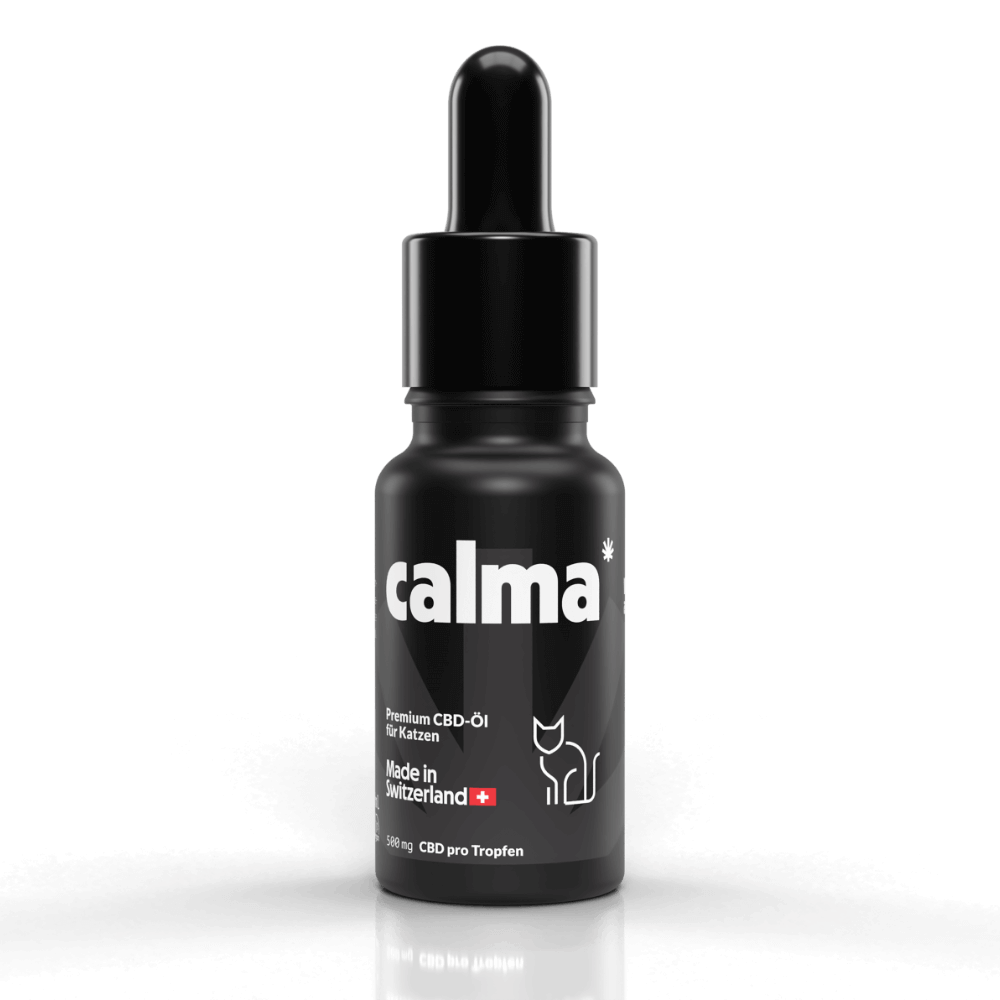
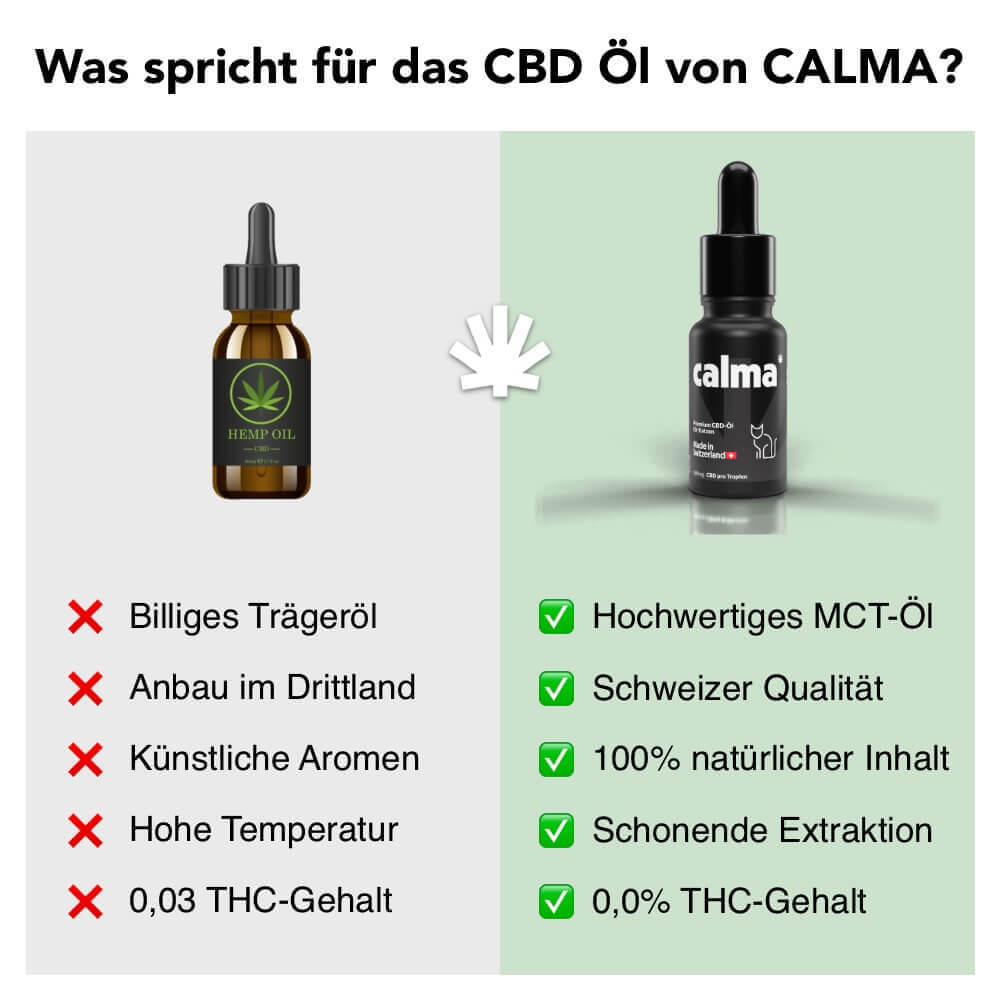
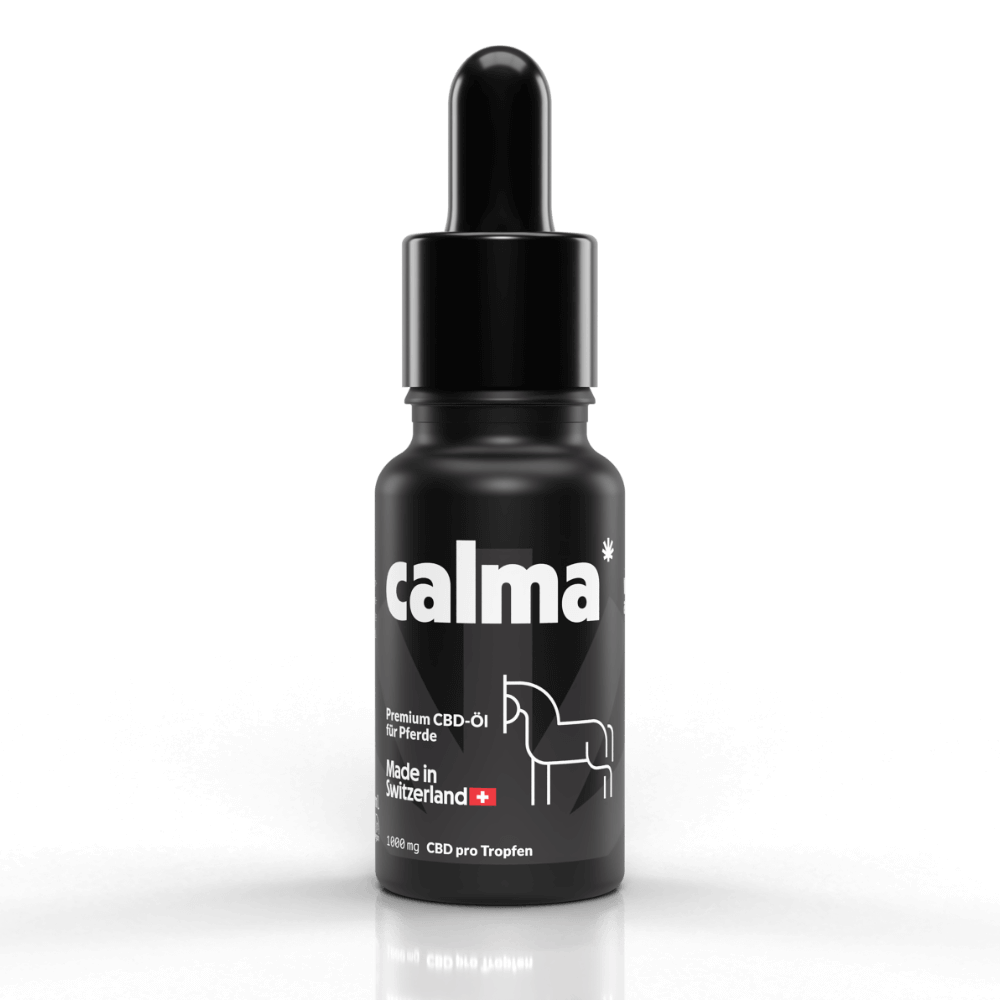
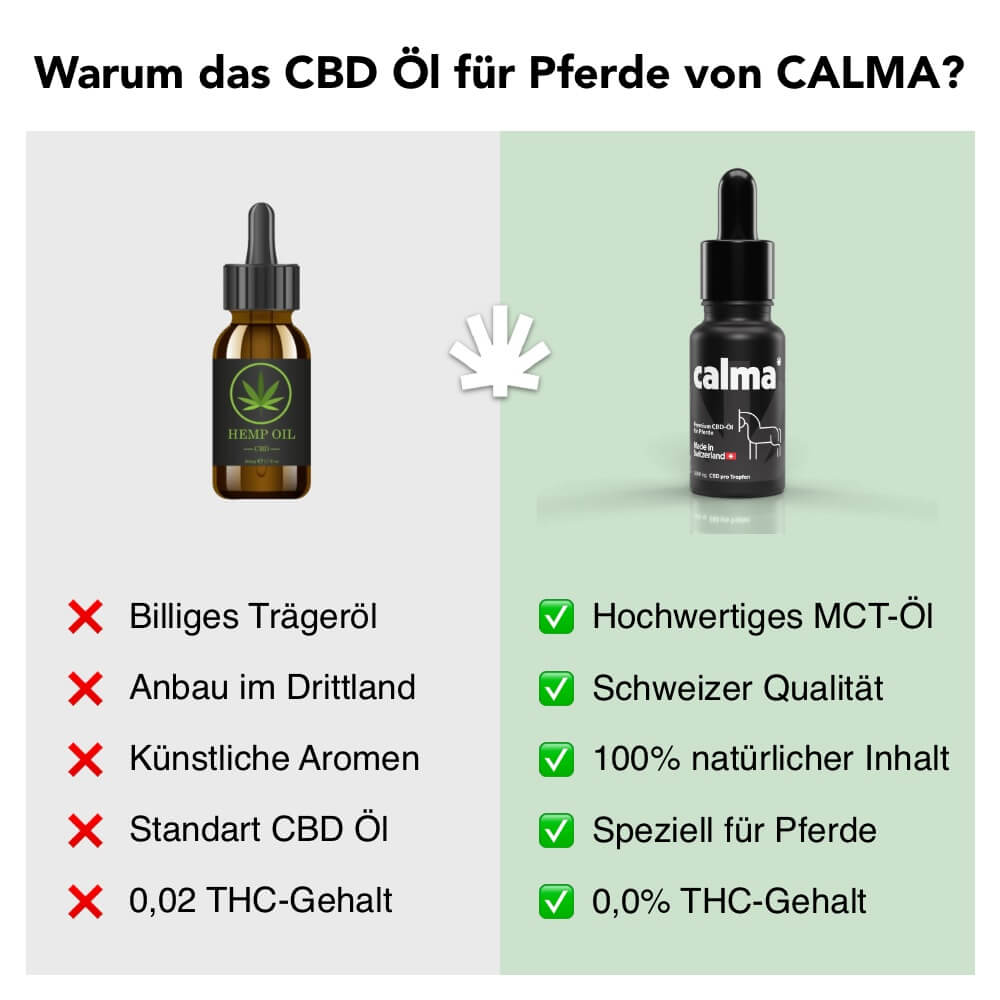
Leave a comment
All comments are moderated before being published.
This site is protected by reCAPTCHA and the Google Privacy Policy and Terms of Service apply.